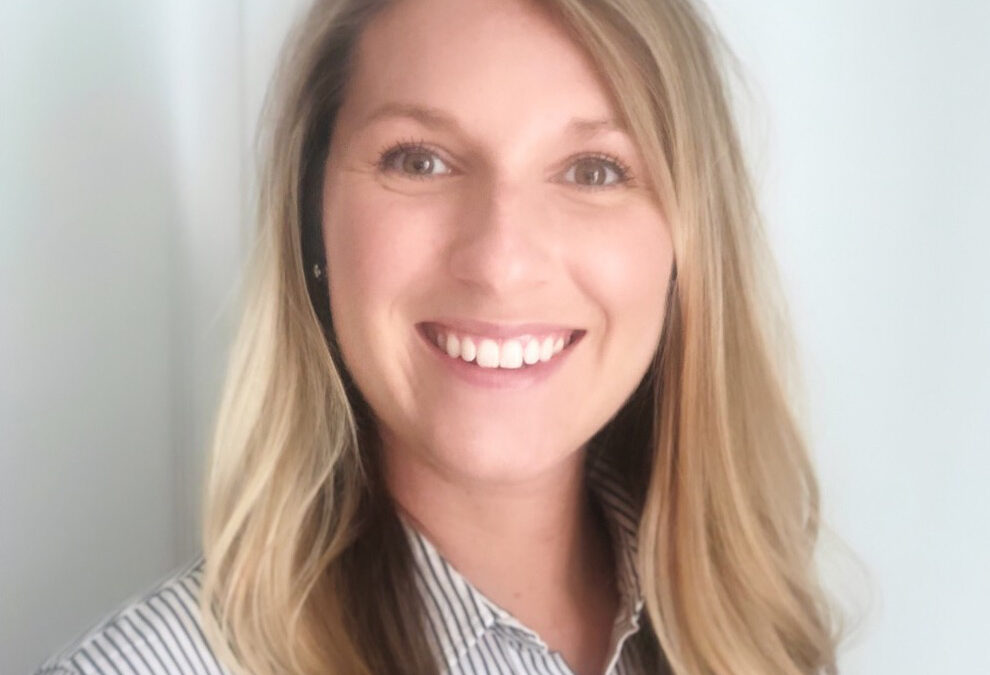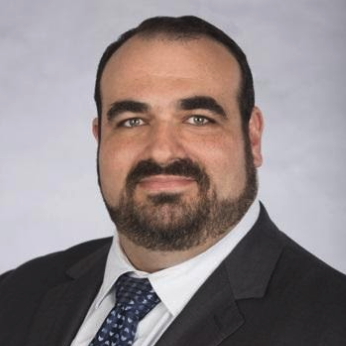
by The Children's Treatment Center | May 16, 2022 | General
In this month’s Consult The Expert interview, we spoke with Darbi Miller, MS, LMFT. She is one of the marriage and family therapists here at The Center For Treatment Of Mood And Anxiety Disorders. Although she likes working with all ages, she enjoys the dynamic...

by The Children's Treatment Center | Mar 16, 2022 | General
In our first Consult The Expert article for March, we had the opportunity to speak with one of our clinical psychologists, Dr. Jamie Levine. One of her areas of specialization is working with children who have school-related difficulties. “So many components can...

by The Children's Treatment Center | Jan 17, 2022 | General
Dr. Jerome Siegmeister, the Center’s newest clinician, is an expert on the psychiatric concerns of children and adolescents. A former high school teacher, he is in a unique position to help children through mental health resources that are tailored specifically...

by The Children's Treatment Center | Sep 23, 2020 | General
Another year of college is in full swing across the country. In an effort to control the spread of Covid-19 among their students, some schools have gone to strictly virtual learning. Others, however, are combining this option with in-person classes, which creates a...

by The Children's Treatment Center | Oct 18, 2019 | General
It is October – a time for pumpkins, Halloween…and breast cancer awareness. The numerous pink ribbons we’ll see this month focus attention on the many women (and men) who are facing a breast cancer diagnosis and treatment. But what about the kids who have a parent or...






